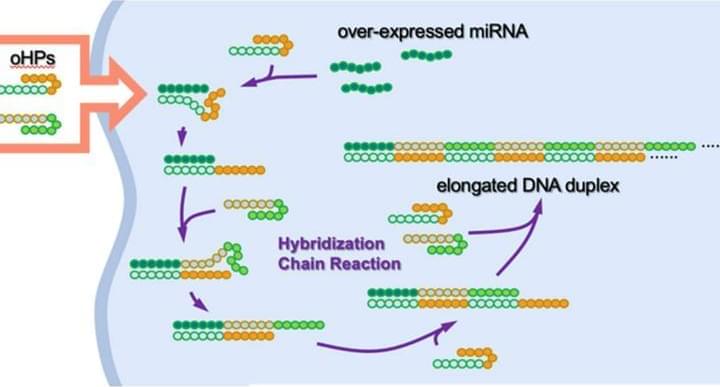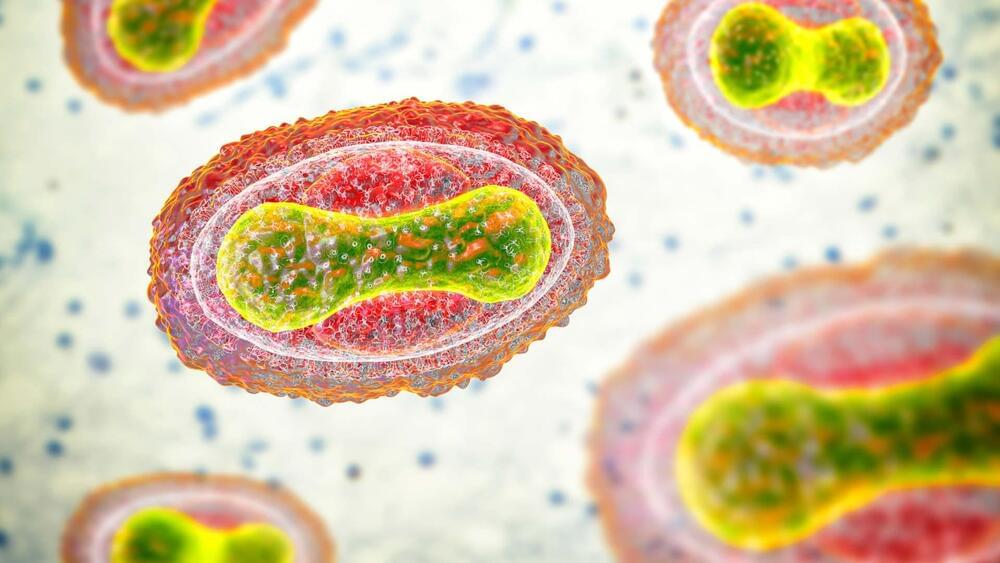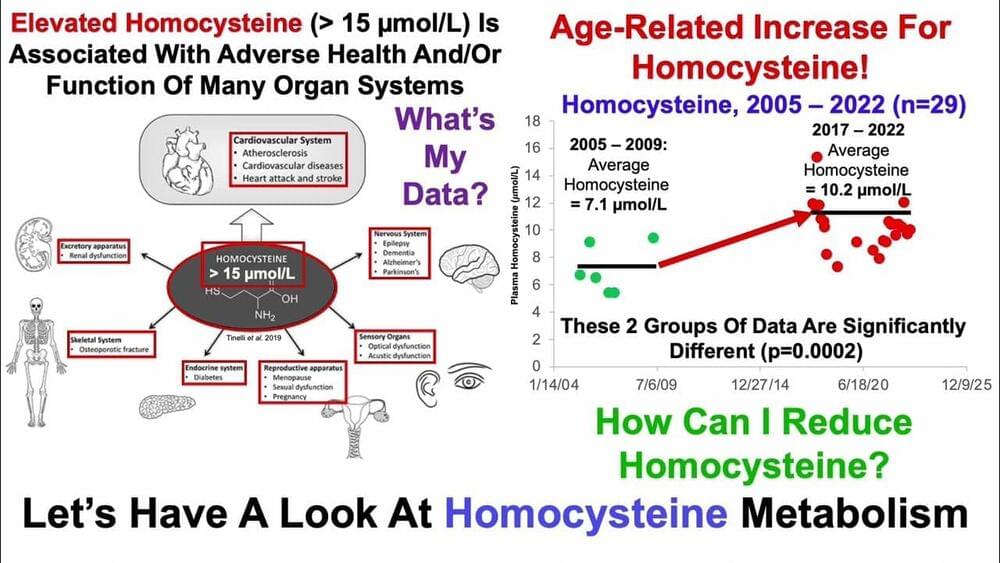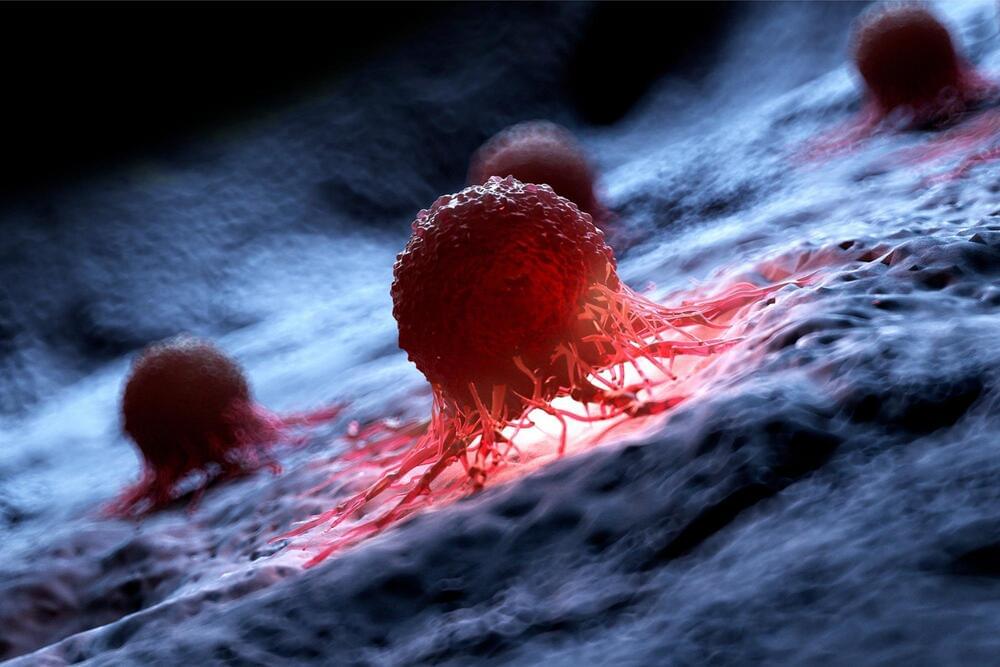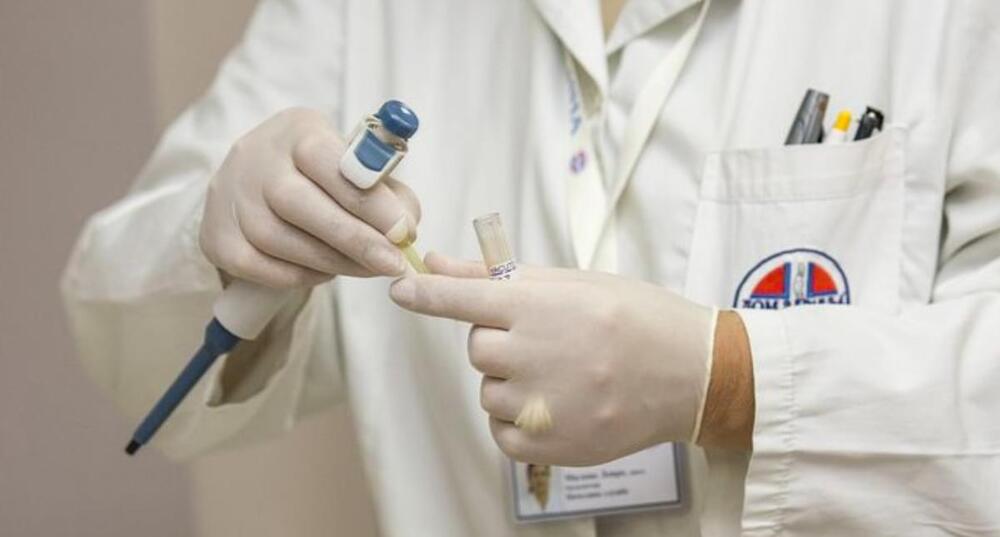I missed his interview six times over the past year. Dr. Ian Hale of London who has done research a epidemics of the past 2,500 years agreed to give his interview for the seventh time and this time it happened.
The summary which I outlined from our discussion is
1-Any epidemic has a minimum four years cycle and its true about CORONA too.
2–2023 will be a catastrophic year due to the spread of mutants first in Northern Hemisphere and then in the Southern.
3-The world needs to act together to save generations whether it’s creating hospitals, vaccines, masks, or creating awareness.
4-CORONA will stay for all time. For the first few years catastrophically and then in its mild form.
5-We need to get vaccinated, wear masks, avoid public gatherings and follow all precautions.
6-Situation will be worsening in 2023 across the world due to the spread of mutants.
7-Vaccines may not work on These mutants.

